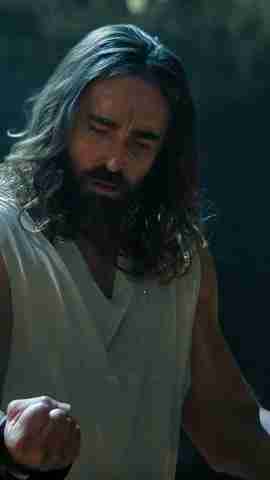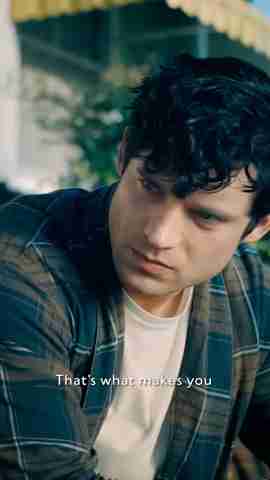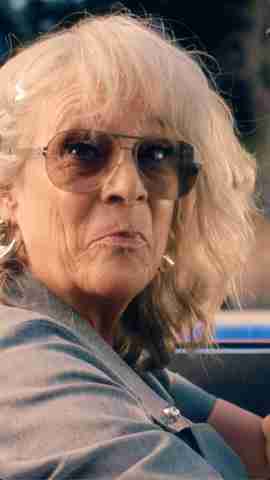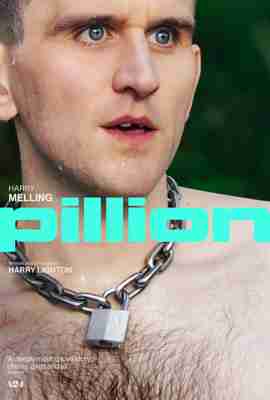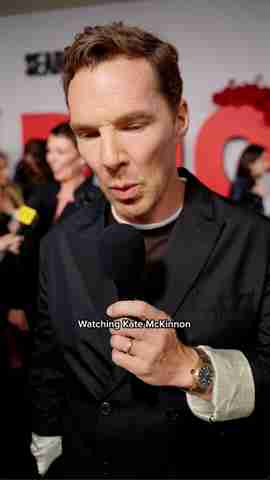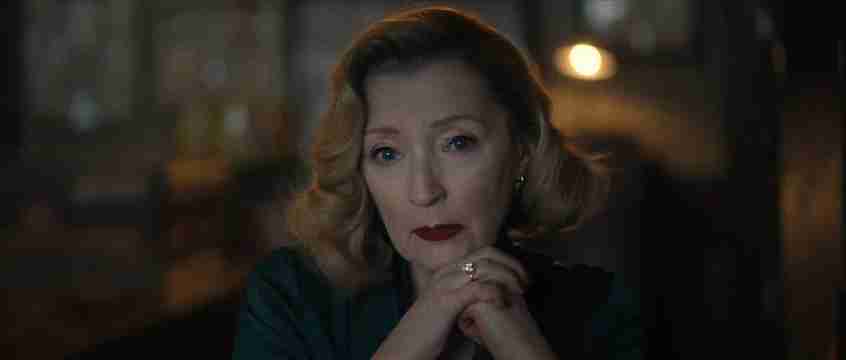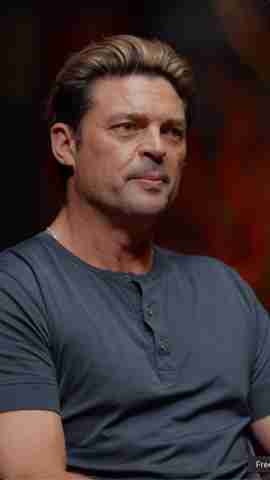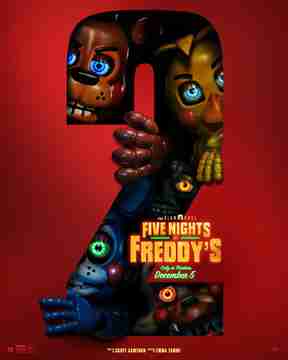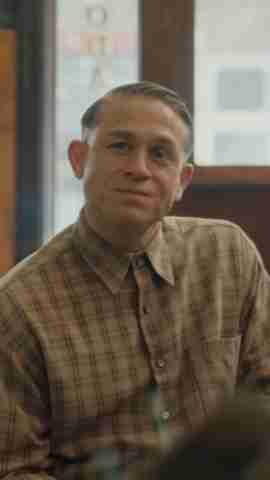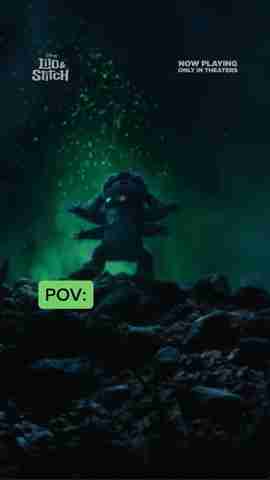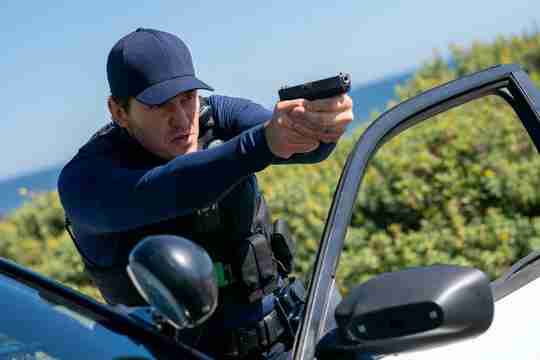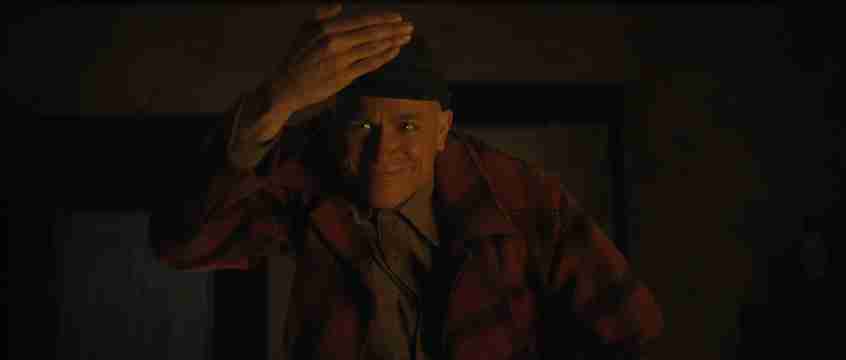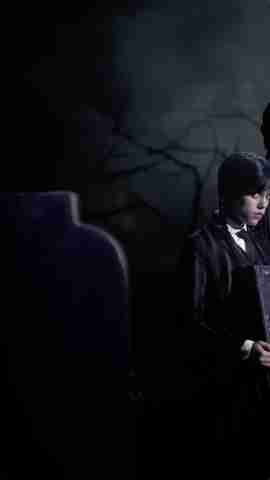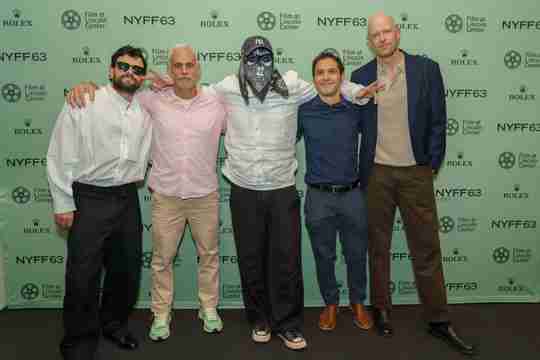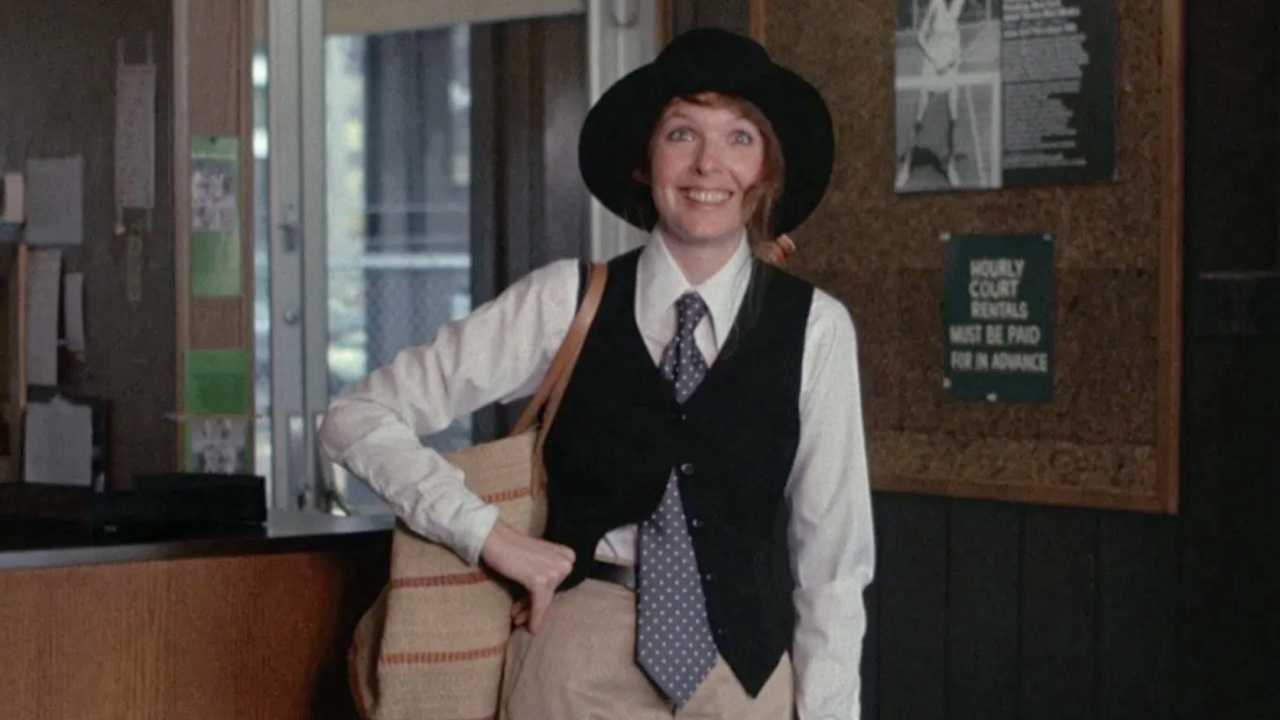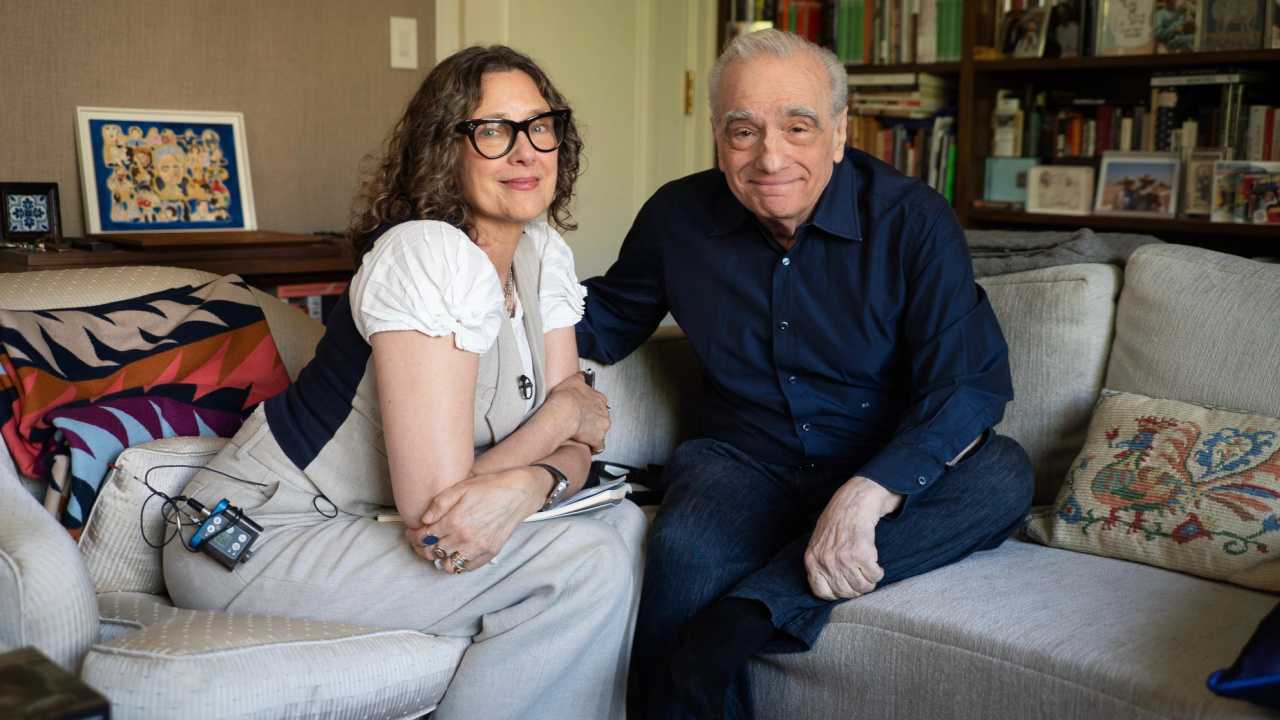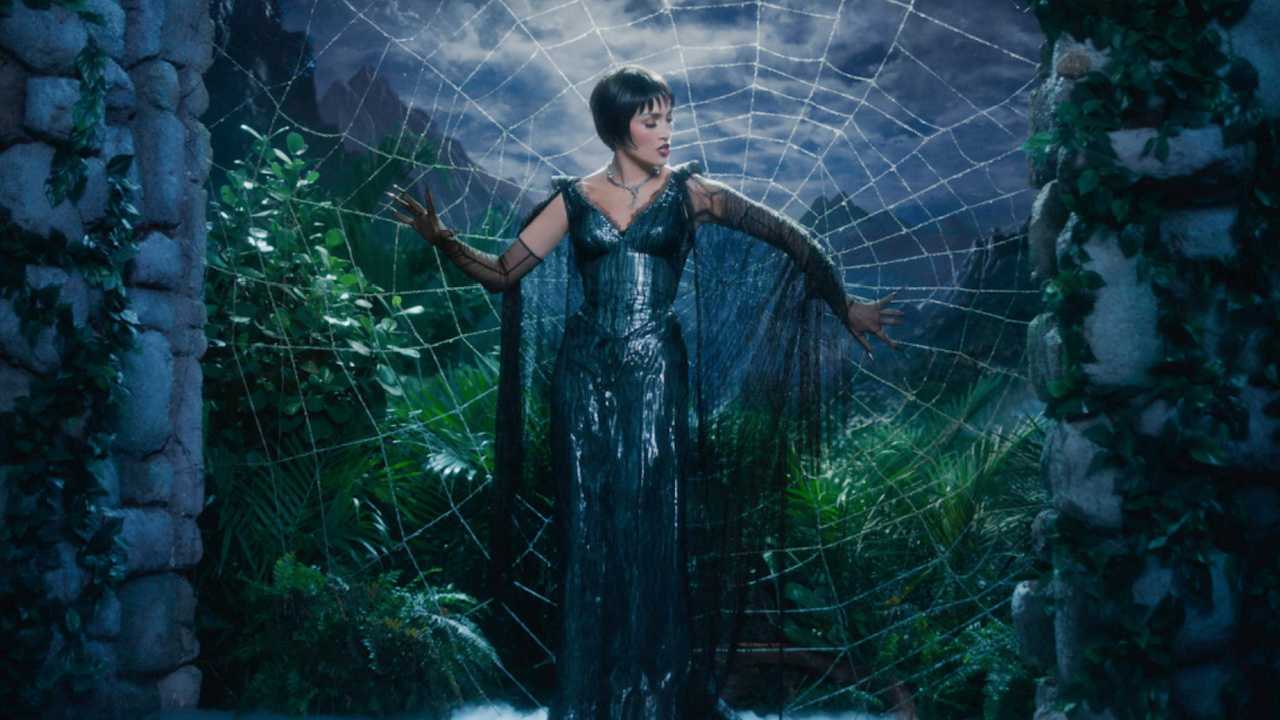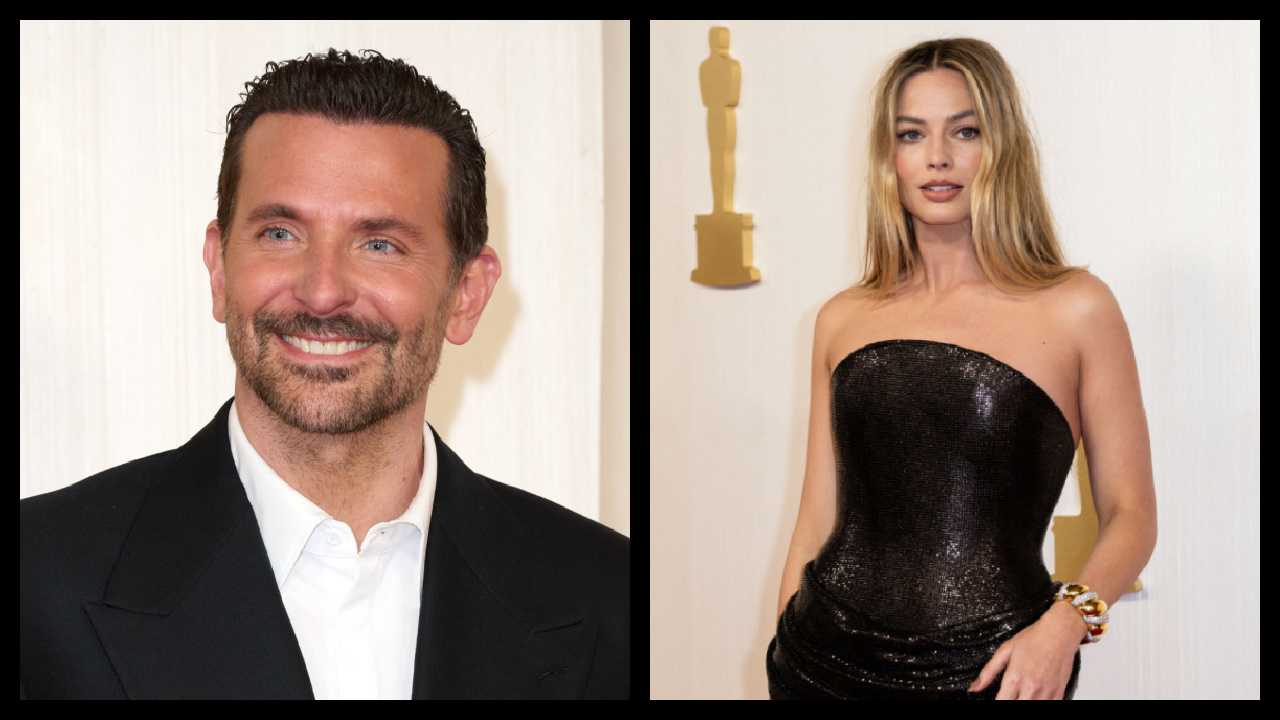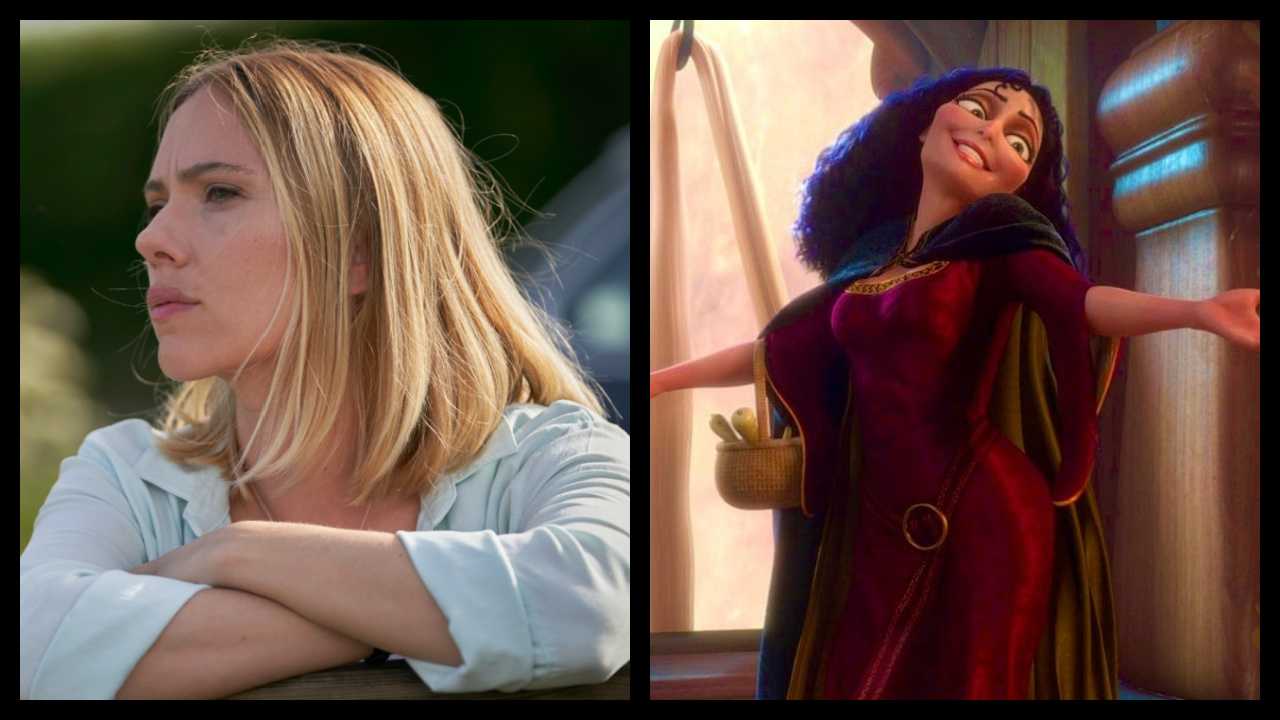'The Kitchen' Leftovers: 15 More Movies You Didn't Know Were Comic Book Adaptations
In an era where superheroes dominate the moviegoing landscape, it’s easy to forget how many comic books there are that don’t focus on them. There are, of course, thousands of comic books produced every year, much less since the birth of the medium, that explore a wide variety of subjects. Unsurprisingly, filmmakers often find these books and thrill at their dramatic possibilities on screen, leading to adaptations that don’t feature Infinity Gauntlets or Guardians of the Galaxy.
This week, Andrea Berloff’s “The Kitchen” arrives in theaters, a big-screen version of Ollie Masters and Ming Doyle’s Vertigo miniseries of the same name. To commemorate the film’s opening, we dug back through the last few decades to find some other adaptations that you may not know were adapted, inspired or otherwise derived from comic books and graphic novels.
'Sheena' (1984)
The 1980s was a clearing house for movies about remote, “primitive” cultures and the men and women who navigated them. This Tanya Roberts film, effectively a female reimagining of “Tarzan” (itself adapted in 1981), was inspired by W. Morgan Thomas’ 1930s character of the same name, but writer Lorenzo Semple Jr. (the 1966 “Batman”) proved the wrong guy to translate this particular legend to the screen (it features a truly shocking amount of T&A for a PG-rated movie).
'Weird Science' (1985)
In the same year that he delivered one of his most nuanced portraits of teenage life, “The Breakfast Club,” John Hughes also directed this horny teen comedy about two geeks who try to design the perfect woman. Inspired by a story from the EC Comics series of the same name, whose rights producer Joel Silver acquired for the filmmaker. (Silver would go on to create the hugely successful "Tales from the Crypt" TV series, based on EC Comics, as well as the one-season oddity "Perversions of Science," based on similar material.)
'Timecop' (1994)
Mark Verheiden, showrunner of DC’s “Swamp Thing,” helped adapt his own comic book of the same name for Jean-Claude Van Damme and director Peter Hyams in the early 1990s. The story of a police officer who uses illegal time-travel technology to find and stop the people responsible for his wife’s murder before it happens, this sci-fi thriller remains one of Van Damme’s better films from the period.
'Ghost World' (2001)
Documentarian Terry Zwigoff transitioned into features with this brilliant adaptation of Daniel Clowes’ deadpan chronicle of aimless high school graduate Enid (Thora Birch), her friend Rebecca (Scarlett Johansson) and the middle-aged loser, Seymour (Steve Buscemi) they befriend.
'Road to Perdition' (2002)
As a follow-up to his Oscar-winning “American Beauty,” Sam Mendes directed this adaptation of Max Allan Collins’ graphic novel about a mob enforcer (played with uncharacteristic brutishness by Tom Hanks) on the run with his young son after his former bosses put a price on his head.
"American Splendor" (2003)
If you didn’t know this one was based on a comic book, you probably should have, especially since directors Shari Springer Berman and Robert Pulcini skillfully weave the material of Harvey Pekar and Joyce Brabner into the fabric of this story about the author and his endeavors to find and audience.
"Oldboy" (2003)
Park Chan-Wook’s benchmark 2003 film owes as much to Greek myth as to comic books, but few audiences are as familiar with either of those materials as they are with his unforgettable adaptation of the Japanese manga by Garon Tsuchiya and Nobuaki Minegishi. To be fair, there are certainly a few sequences (such as the hammer fight) that were conceived exclusively for the screen, and some of its biggest twists were not in the books, but the movie’s brutal sensibilities were certainly shaped by that source material.
"A History of Violence" (2005)
Based on a 1997 graphic novel of the same name (part of the same line that gave us "Road to Perdition"), David Cronenberg directed this idiosyncratic, character-driven thriller about a small town diner owner (Viggo Mortensen) whose violent past complicates his idyllic present after he bloodily dispatches two robbers.
"Surrogates" (2009)
Jonathan Mostow directed this film starring Bruce Willis and Rosamund Pike about an FBI agent investigating murders in a dystopian future where people experience life through idealized surrogate bodies. Based on the 2005-06 comic book series of the same name, the movie fails to adequately explore the moral implications of its premise, and relies on lackluster action to keep audiences engaged.
"Whiteout" (2009)
Dominic Sena directed this isolated thriller starring Kate Beckinsale, based on the eponymous 1998 graphic novel by Greg Rucka and Steve Lieber. The story follows a Deputy Marshal desperate to get back to the United States before a winter storm hits the South Pole, only to become embroiled in a murder mystery. Trust us, it sounds a lot cooler than it actually is.
"RED" (2010)
Warren Ellis and Cully Hamner created the comic book series this action franchise is based on, about retired black-ops agents, led by Frank Moses (Bruce Willis), who return to the field after discovering they’ve been targeted for assassination by the CIA. Morgan Freeman, John Malkovich and Helen Mirren have lots of fun in a genre that’s typically earmarked for actors and actresses half their age.
"Tamara Drewe" (2010)
Though the source material itself reworked Thomas Hardy’s “Far From the Madding Crowd,” director Stephen Frears directly adapted Posy Simmonds newspaper strip-turned-graphic novel for this pastoral comedy. The story concerns a young journalist (Gemma Arterton) who returns to settle old affairs in her remote English town, only to become ensconced in local melodrama after she becomes involved with a rock & roll drummer (Dominic Cooper) and a crime novelist (Roger Allam).
"Blue is the Warmest Color" (2013)
Director Abdellatif Kechiche won the Palme d’Or (and courted significant controversy) with this three-hour adaptation of Julie Maroh’s graphic novel of the same name, about two young women who embark on a passionate love affair at a pivotal moment in both young women’s lives. The graphic sex sequences garnered most of the attention, but the movie's sophistication and sensitivity are what set it apart.
"The Death of Stalin" (2017)
Even history is based on comic books, occasionally: Armando Iannucci directed this adaptation of a French graphic novel about the comically bleak power struggle that gripped Soviet leaders after the death of political revolutionary Joseph Stalin.
"Wilson" (2017)
Another Daniel Clowes adaptation, Craig Johnson directed this film about a neurotic middle-aged man (Woody Harrelson) who reconnects with his estranged wife (Laura Dern) and meets his daughter (Isabelle Amara) for the first time, proving once again that great graphic drama can be mined from even the most seemingly mundane of subjects.

